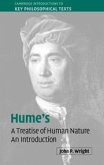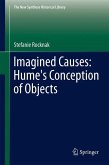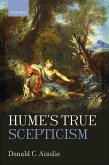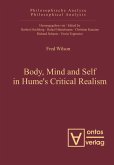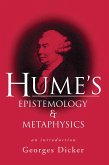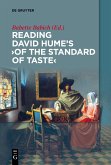David Hume's A Treatise of Human Nature (1739-40) presents the most important account of skepticism in the history of modern philosophy. In this lucid and thorough introduction to the work, John P. Wright examines the development of Hume's ideas in the Treatise, their relation to eighteenth-century theories of the imagination and passions, and the reception they received when Hume published the Treatise. He explains Hume's arguments concerning the inability of reason to establish the basic beliefs which underlie science and morals, as well as his arguments showing why we are nevertheless psychologically compelled to accept such beliefs. The book will be a valuable guide for those seeking to understand the nature of modern skepticism and its connection with the founding of the human sciences during the Enlightenment.
'... a book that undergraduates will understand, learn much from, and enjoy reading, and it will be extremely helpful for existing undergraduate courses on the Treatise. The book is such that I hope it will be able not just to fit into current courses on Hume's Treatise, but also help to shape future ones for the better ... this is the best introduction to Hume's Treatise available.' P. J. E. Kail, British Journal for the History of Philosophy


